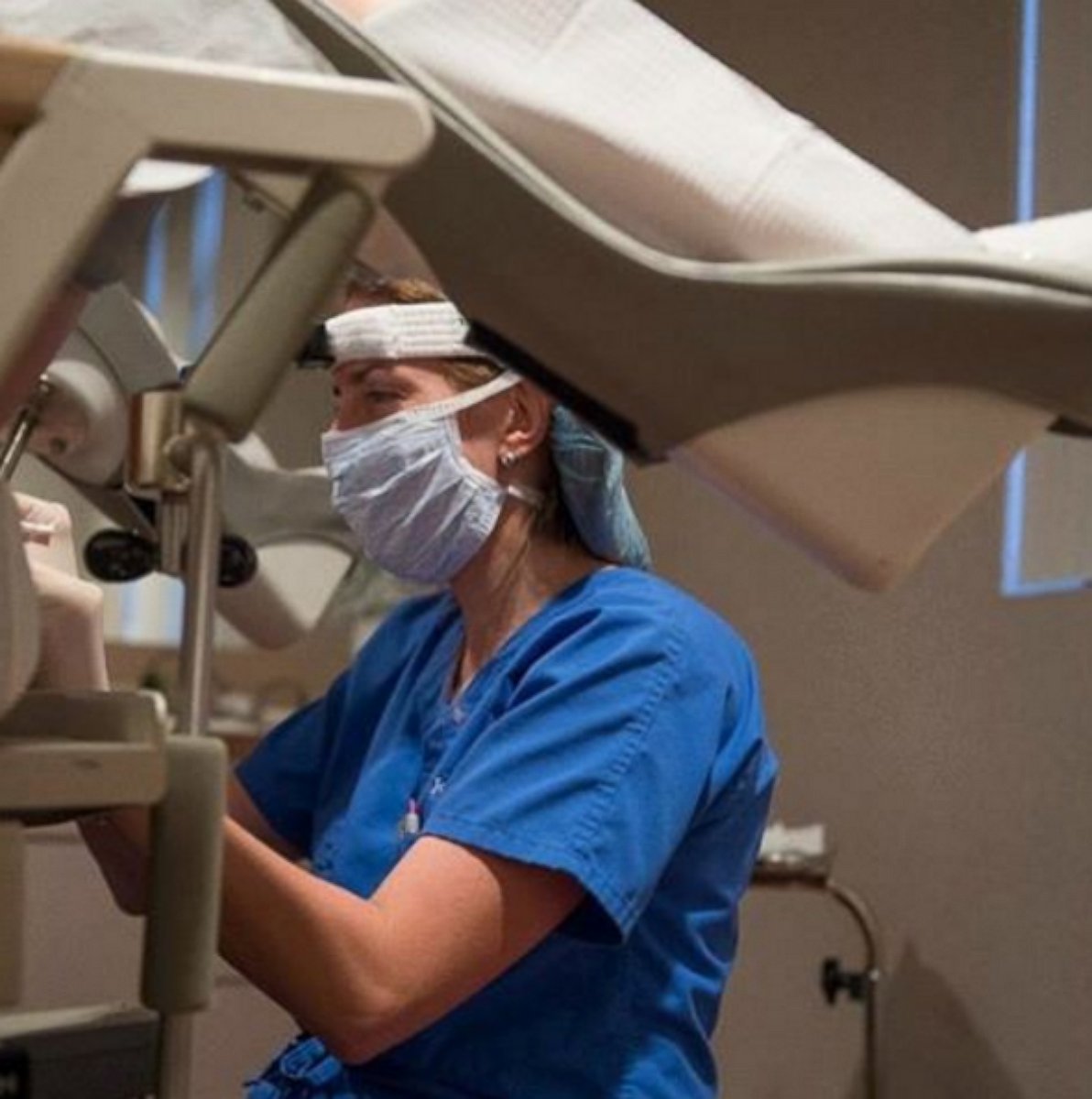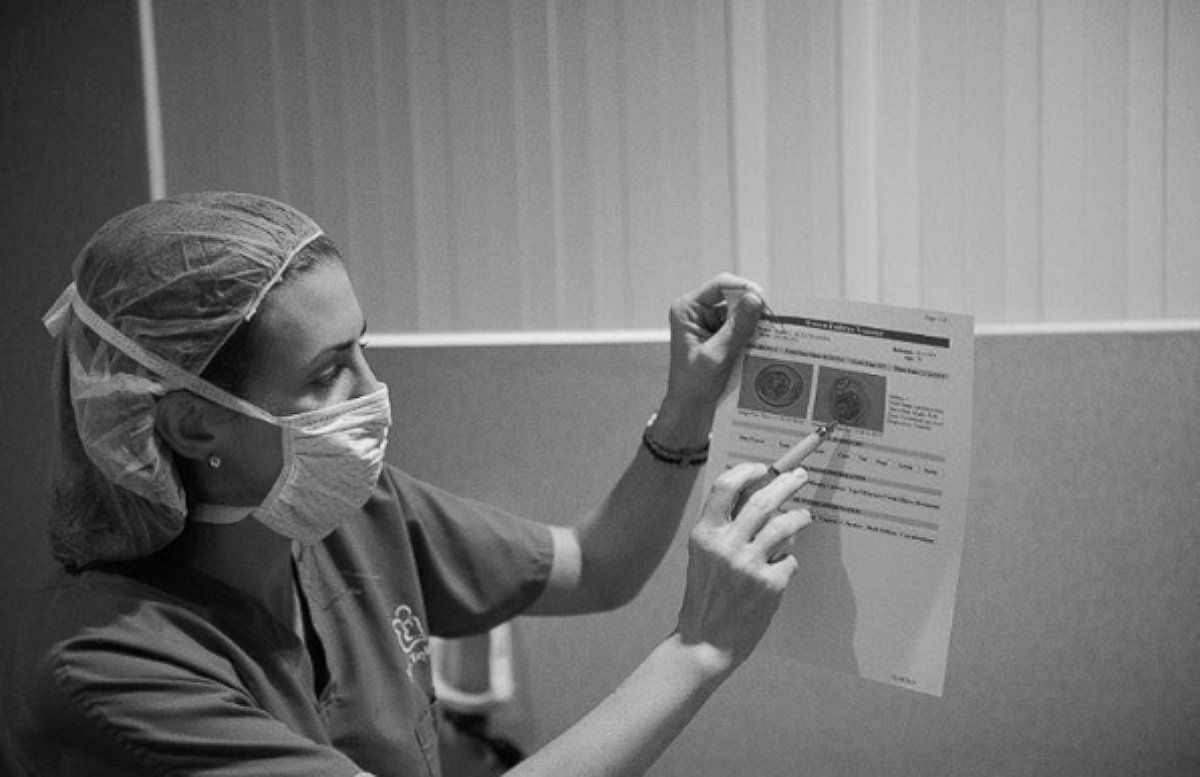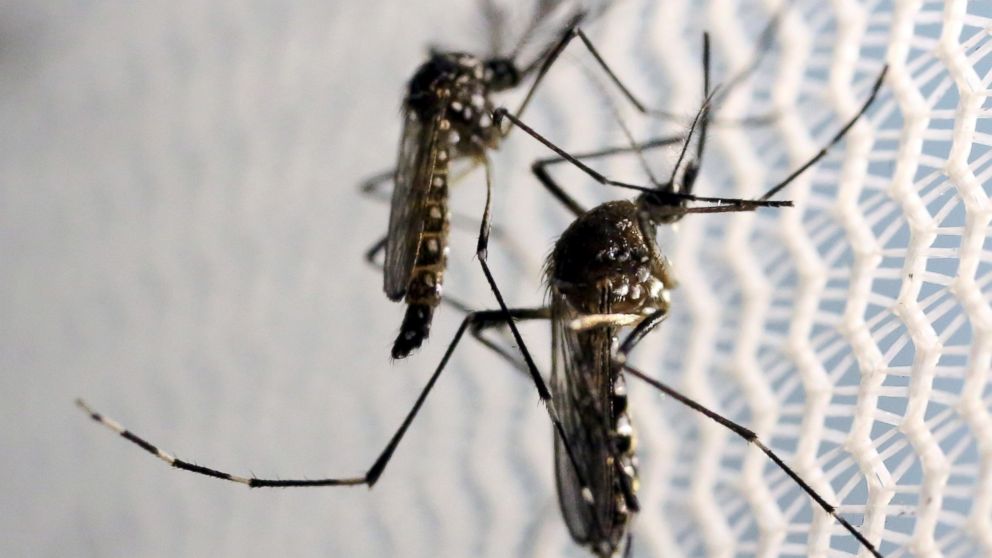Florida Fertility Doctor Describes Struggle of Advising Patients Amid Zika Virus Outbreak
— -- Fears over the impact of the Zika virus and how it can affect developing fetuses has led health officials to focus primarily on helping and protecting pregnant women. But fertility doctors in Miami, the location of the first cases of locally transmitted Zika cases in the continental U.S., say their patients, who often undergo months or years of treatment to get pregnant, also need better guidance and research.
In Miami, Paula Brusatori, 41, was ready for embryo transfer when news of the first local Zika transmission was reported. Brusatori and her wife have been trying to get pregnant for two years through in-vitro fertilization and were concerned after hearing the news.
Despite the concern, Brusatori and her wife ultimately decided to take the final step in the IVF process, where viable embryos are placed in the womb to achieve a pregnancy.
“This is happening now, but it may be something else tomorrow," Brusatori said of the Zika outbreak. “We are cautious and scared [but] we are not getting any younger.”
For many other couples struggling to become pregnant, the decision to move forward with assisted reproduction has been fraught with questions and uncertainty.

Brusatori's fertility doctor, Dr. Joelle Taylor, of the Fertility and IVF Center of Miami, said she has never seen this level of concern at her practice.
“The volume of phone calls more than doubled,” Taylor said. “We are seeing an increase in patient load in our schedule, primarily to discuss their fertility plans.”
Her patients' questions include whether they should wait to get pregnant or whether to freeze embryos, Taylor said.
However, providing preconception counseling has been challenging, in part, because the data on Zika is limited.
Taylor and her fellow fertility doctors in Miami are not the only people concerned. The American Society for Reproductive Medicine (ASRM) announced today that they would lead a research program to provide grant funding for research “diagnosing, treating and preventing disorders of pregnancy and reproduction related to the ZIKA virus.”
These grants range from $10,000 to $50,000 and are supported by the American Board of Obstetrics and Gynecology (ABOG), the American College of Obstetricians and Gynecologists (ACOG), and the Society for Reproductive Endocrinology and Infertility (SREI).
“We need a fuller understanding of ZIKA in order to counsel our patients, and we need better tools in order to treat them,” ASRM President Dr. Owen K. Davis said in statement.
The research is welcome news for the doctors grappling with guiding patients through concerns over the Zika virus. The U.S. Centers for Disease Control and Prevention has issued guidelines for pregnant women, advising them to stay away from regions with ongoing outbreaks and to take precautions against being bitten my mosquitoes even if they live in areas where the virus is not currently being transmitted. The Aedes aegypti mosquito, the species responsible for spreading the Zika virus, can be found in 30 U.S. states, though, to date, an outbreak has been reported in only Florida.
The CDC also advises people who live in an area with Zika transmission and wish to become pregnant to talk to their health care provider about getting pregnant even if they do not have symptoms. Brusatori and her wife do not live in the 1-square-mile area in northern Miami identified by the CDC as being the source of the outbreak, but they live nearby and remain concerned about possible exposure.
“As a physician, this is very draining,” Taylor said. “You want to be able to offer your patients good information and answers to their questions.”
"We are limited by what we know, and we want to share without creating alarm," Taylor added.
Women who exhibit symptoms are advised to wait eight weeks before getting pregnant. And men who exhibit symptoms are advised to wait six months before trying to conceive with a partner. However, for patients in Miami undergoing fertility treatments, waiting weeks to months can mean losing precious money and time.
“In my time in practice, I have not experienced anything quite like this," Taylor said. “It is a crazy situation currently, and understandably so.”
She said she has been inundated with questions from patients and that due to the lack of research into the area, she often does not have clear answers.
“Patients currently in cycle have questions on whether quality of egg or sperm can be compromised. And we don’t have those answers,” Taylor said. “There are no cases to date that shows impact on egg quality or sperm quality."
Data regarding Zika, its transmission and potential adverse effects on developing fetuses continue to change as doctors learn more about the viral infection. Information on the virus is changing so quickly that the ASRM last issued guidance in April and advised their doctors that the guidance published then may not be accurate for counseling and treatment weeks to months down the line.
ASRM officials are currently working on new guidelines for their doctors.

Dr. James Segars, professor of obstetrics and gynecology at Johns Hopkins University and a member of the ASRM Zika Virus Guidance Task Force, said the new guidelines will take into account new information about how the virus can transmit through sexual contact from women to men.
“We really need answers. The research will inform the guidelines," he said.
The advice for women to talk to their doctors if they want to get pregnant or are in the middle of fertility treatments remains the standard advice from the CDC.
“Like many decisions about pregnancy, fertility decisions are complex, and Zika is one more factor to consider,” Dr. Denise J. Jamieson, chief of the Women’s Health and Fertility Branch at the CDC and co-lead of the Pregnancy and Birth Defects Task Force for the Zika response, told ABC News. "We literally are evaluating information every day.”
In Miami, Taylor has decided not to advise her patients to wait an extended period of time.
“It’s really important for people locally to not be overwhelmed with fear or concern. Instead, directing their efforts to things they can control," Taylor said, noting she has been advising her patients to avoid areas where Zika transmission has occurred and to wear bug spray and take other measures to protect themselves from mosquitoes.
Dr. Shali Zhang is a dermatology chief resident at Emory University School of Medicine and is currently working at ABC News in the medical unit. ABC News' Gillian Mohney contributed to this report.




